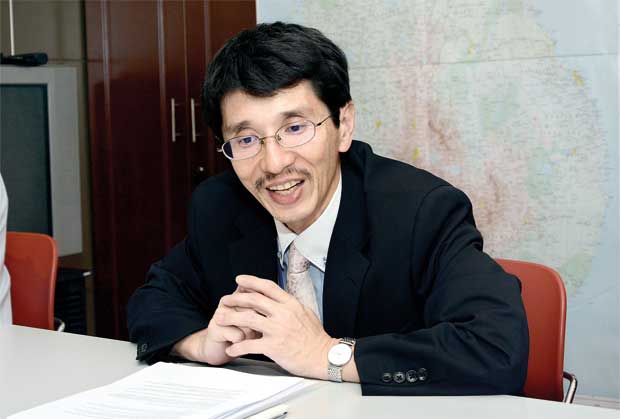Reply To:
Name - Reply Comment
Last Updated : 2024-04-27 04:40:00
_DM-9-02.jpg) Japan International Cooperation Agency or JICA is a Japanese governmental organization which provides Japanese government’s Official Development Assistance (ODA) to countries like Sri Lanka. In an interview with Mr. Kiyoshi Amada, the JICA’s Chief Representative to Sri Lanka explained the types of loans, grants and technical assistance available to Sri Lanka through JICA.
Japan International Cooperation Agency or JICA is a Japanese governmental organization which provides Japanese government’s Official Development Assistance (ODA) to countries like Sri Lanka. In an interview with Mr. Kiyoshi Amada, the JICA’s Chief Representative to Sri Lanka explained the types of loans, grants and technical assistance available to Sri Lanka through JICA.

Add comment
Comments will be edited (grammar, spelling and slang) and authorized at the discretion of Daily Mirror online. The website also has the right not to publish selected comments.
Reply To:
Name - Reply Comment
US authorities are currently reviewing the manifest of every cargo aboard MV
On March 26, a couple arriving from Thailand was arrested with 88 live animal
According to villagers from Naula-Moragolla out of 105 families 80 can afford
Is the situation in Sri Lanka so grim that locals harbour hope that they coul